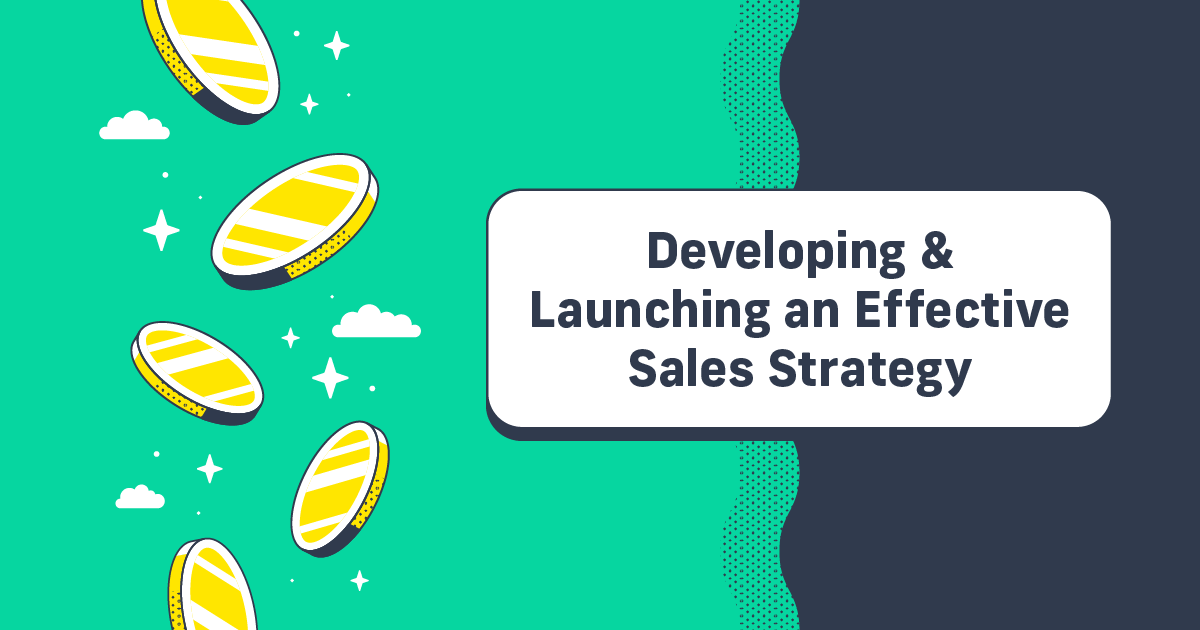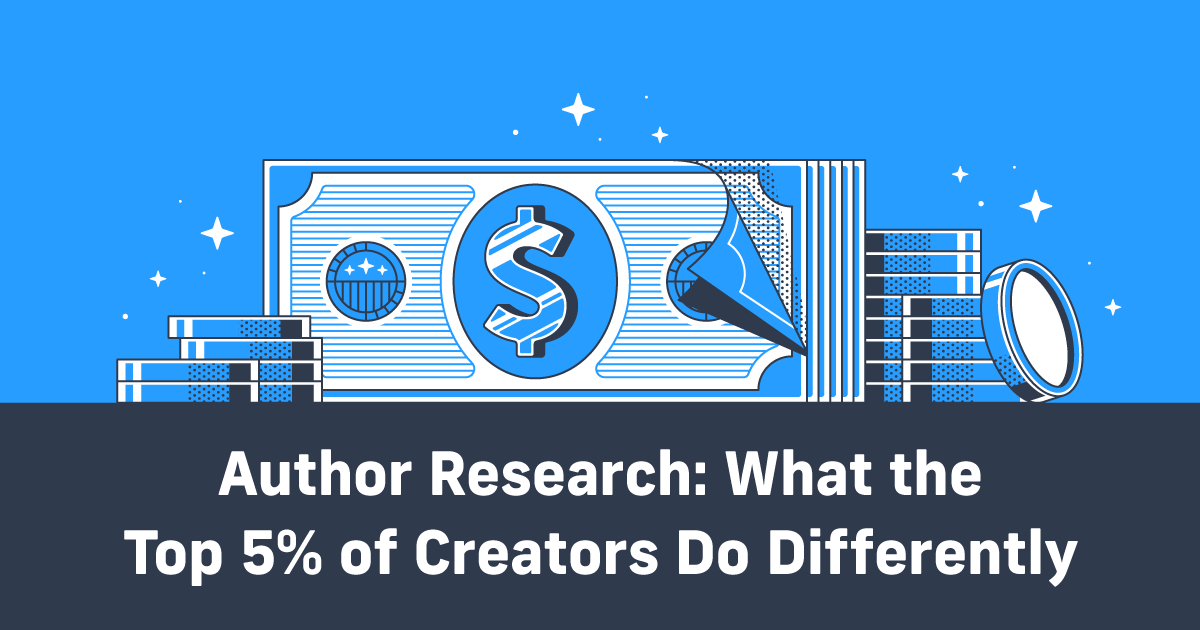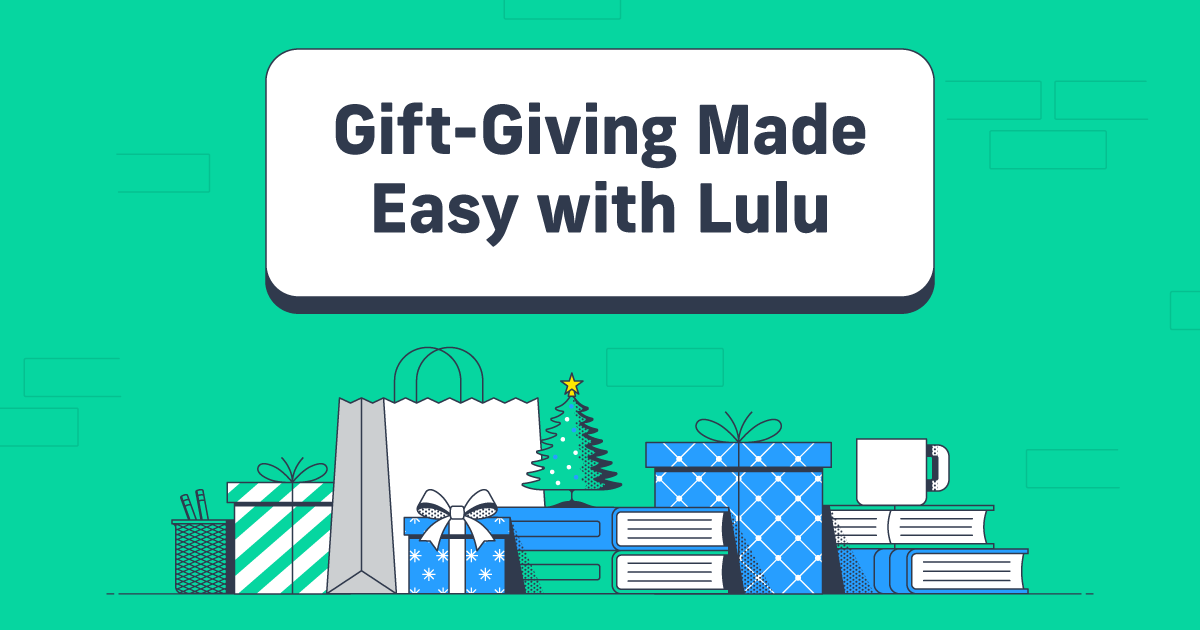The Book You Didn’t Know You Wrote
Calling all content creators! Would you think I’m crazy if I told you the content you’ve already created would also make the perfect book to boost your brand? Or perhaps your second book is already in the making? Writing a book in addition to your personal and professional responsibilities can be overwhelming. But I have good news, you don’t have to craft anything from scratch to turn your content ideas into a book and join the fast-growing creator economy.
Why You Should Publish a Book
Writing a book can be an instant credibility booster. Whether you think about your book as a business card or a tangible brand token, having a book can draw attention to your expertise. This may lead to new clients, more subscribers, brand building, increased followers, greater visibility, and media attention.
A book simply helps people find you. It’s a product to grow your audience: in hands, on coffee tables, stacked on side tables, in waiting rooms, and lying around offices. Your book might get brought up in meetings, at cocktail parties, during commutes, or on social media. If you’re selling your content and book(s) Direct-to-Consumer, not only will the book boost your credibility, but you’ll also have ecommerce metrics and data available to understand its reach and strategize future content marketing efforts.
Essentially, the book can be used to drive revenue. This might be by attracting new clients or online subscribers. The earning potential is greater than just revenue from book sales when the book is used as a tool to attract others to your brand.
You’ll see a million articles about books as lead generation or brand boosters, but not all books result in success for your brand or revenue. You can’t throw just anything together, sit back, and let the brand run itself. A few key ingredients are necessary to use a book as an extension of your brand.
Key Ingredients for Success
The first is the benefit to the reader. You’re a content creator because of your expertise, perseverance, and grit. Your book deserves the same respect your brand does. It’s a representation of your brand that has permanence and legacy, and it should reflect the same qualities and content ideas that make you a successful content creator.
Your book should solve a problem for the reader, answering the reader’s question “What’s in this for me?” It’s not what the book is to the reader, it’s what it does for the reader. Don’t approach your book as something to benefit you, the author— it’s something that should benefit your audience. If you’re considering these points, the benefits can organically yield the desired results to lift your brand.
Another important ingredient of the book is quality. When it comes to the formatting, design, and editorial aspects of the book—details matter. The quality and sourcing of your book is an extension of your brand. Properly published books are like quality baseball umpires—they’re really noticeable when they’re bad because we all expect them to be good. It takes away from the experience when your reader finds mistakes. I’ll even say it can have the reverse effect and damage a brand if the book is poorly composed.
Lulu has tools to help you with this. Here we have a great piece on how to make your book look professional, and guides to assist with book creation.
Examples of the Book You’ve Already Written
This is when the lightbulb moments should fire off:

Here are six kinds of books you can create with the great content you already have:
Books Supporting Online Classes
One of the top ways creators generate revenue is through online classes. As a subject matter expert, online classes are a great way to monetize your knowledge.
Do you have a textbook, learning guide, or workbook to accompany or promote your course? Don’t miss out on an opportunity to pull together notes, quotes, lined pages for writing, discussion topics, worksheets, journal prompts, etc… that already exist, and create a workbook for your students to use alongside your online classes.
If your book is used as a way to help people find you, it can push readers to sign up for your online courses. Your expertise can shine through in book form and generate new followers and class signups. Bookselling, or even giving books away for free, can be used as a tool for lead generation.
Journals, Notebooks, and Planners
If you’re in the coaching or consulting field, your clients likely need a handy place to take notes, track progress, or brainstorm ideas for success. This is where low/no content books come into play. This is an easy way to publish a book for your readers with little effort from you. The Clever Girl Finance Planner is a great example of this.
Photo Books
If you’re an artist, photographer, or illustrator, there’s a photo book ready and waiting for your followers. Your followers who’ve enjoyed your craft online or in galleries want to purchase a coffee table book to add to their personal collection of appreciated art. Bryan Sansievero shows off his talent with American Decay, even offering signed editions through his own ecommerce store.
Calendars and Coloring Books
Another idea for art is to offer an annual calendar showcasing your work. We’ve even seen successful illustrators create coloring books of their art for fans. If visual art is your strength, publish the top twelve as a calendar, or turn your art into a coloring book for your enthusiasts and fans. Follow Rueben The Bulldog and you’ll see when his annual calendar is available.
Cookbooks
Name one successful cook who isn’t selling a cookbook. If you’re a chef, dietician, or fitness expert, cookbooks are one of the best ways to monetize your talent. This might take the form of a traditional recipe book or a meal guide. Take your perfected recipes and publish a cookbook for those who prefer to cook from a book and not a device. Stalecracker sells his cookbook Da Cajun Two Step from his popular TikTok account. Dedicated fans + beneficial product = Win-Win. As he says, “Put that on a cracker!”
Collections
Perhaps you’ve spent the last few years blogging away, offering the world a peek inside a topic near and dear to your life. Polish up the top 10-12 evergreen blogs, create chapters, come up with a title to convey the value to your readers, and print your best work. This can apply across many genres, from comedy to spirituality. This can also be done with collections of essays or writings from a group of contributors.
The common thread is you probably already have the content needed to create your book. These are all ways you can use what you already have to offer value to your audience through bookselling.
Building a brand requires experience, expertise, authenticity, training, and a solid base of simple business skills. Publishing a book using content that’s already working for you is a great way to add a touchpoint with readers, followers, clients, and fans. The revenue and brand lift potential increases with bookselling, and using content ideas you already have is a great way to take the first step!




